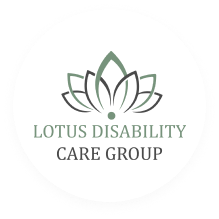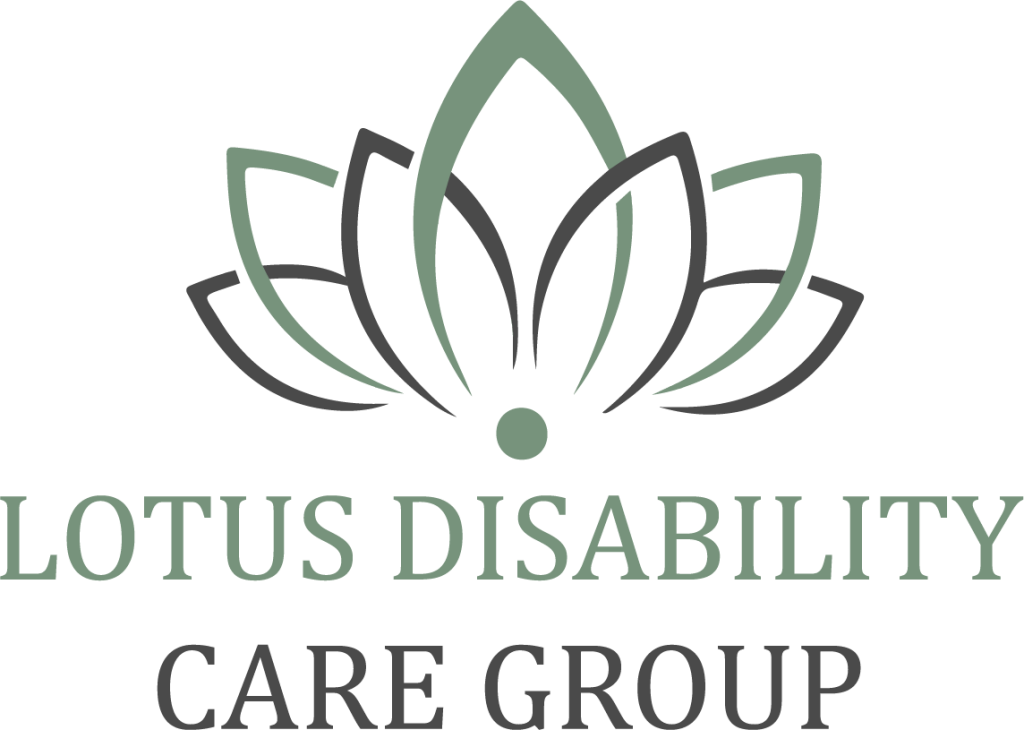Autism spectrum disorder (ASD) refers to a group of complex neurodevelopment disorders that are caused by differences in brain development. This affects how people communicate and behave.
The term “spectrum” refers to the wide range of symptoms and severity affected by individuals.
People with ASD may be highly intelligent, have normal intelligence, or have an intellectual impairment. The signs of ASD usually start in infancy however they may not be identified until around 2 or 3 years of age.
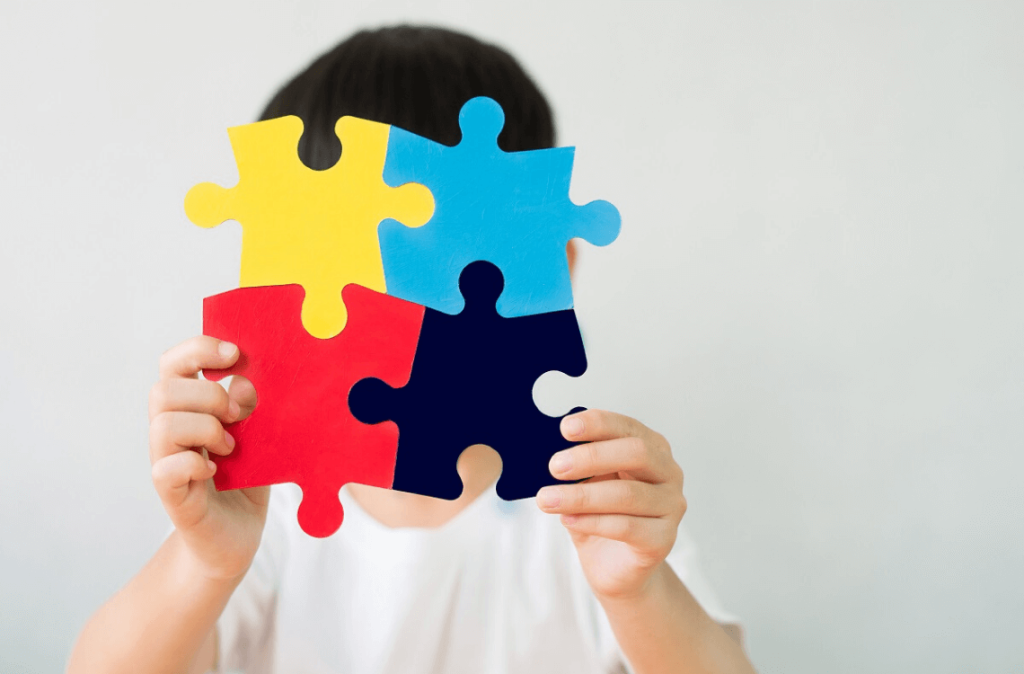
Signs and Symptoms
ASD presents differently in boys and girls.
The main features of ASD are associated with
- Difficulty with communication and social interactions
- Restricted and repetitive behaviours and interests
The common signs of ASD in children include:
- Lack of social or emotional milestonesie pointing, smiling, following people close by with their eyes
- Lack of non-verbal gestures ie nodding, shaking head, using hand gestures
- Difficulty developing and maintaining age appropriate relationships ie peer play, friendships
- Delayed speech and comprehension of speech
- Lack of eye contact when speaking
- Loss of language skills at any age
- Obsessions with routines, behaviour patterns
- Experiencing distress when things change
- Stimming- using objects in unusual ways to produce stimulation ie rolling wheels, flapping hands
- Overreaction to sensory input such ie sound,or textures of food, clothing materials
- Restricted or fixated interests ie songs, certain toys or certain topics
- Difficulty managing emotions leading to frequent and long tantrums
In adults, ASD traits may include the following:
- Difficulties with time management
- Sensitivity to environmental change
- Feelings of isolation
- Difficulty paying attention or paying over attention to detail
- Social anxiety
- Difficulty developing and maintaining relationships
- Becoming easily overwhelmed
All people with ASD have a unique mixture of symptom. Severity is based on the level of impairments and the impact on ability to function.
Causes
ASD is caused by differences in how the brain develops. It is caused by genes therefore ifsomeone in your family has autism there is the chance other members can develop ASD too. Another factor that can increase the chances of having children with ASD are being older parents.
There are many myths regarding developing ASD however there is no evidence to suggest that Autism can be caused by:
- Vaccinations
- Foods
- Other lifestyle factors
- Cultural or social surroundings

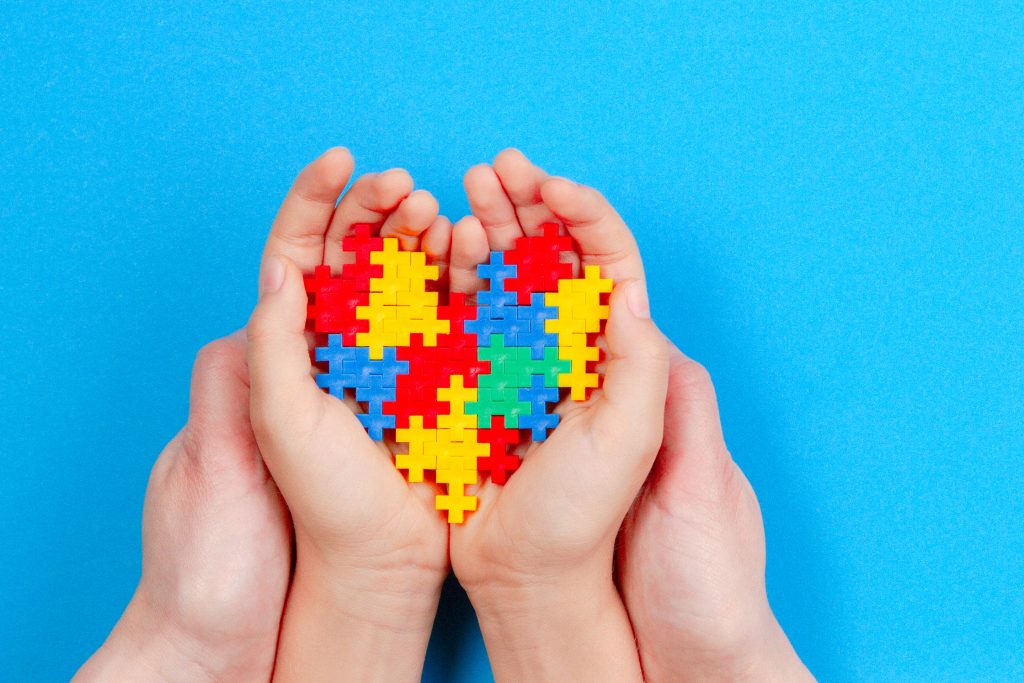
ASD can be categorized into 3 levels
- Level 1: Requiring some support. Symptoms don’t interfere too much with work, school, or relationships.
- Level 2: Requiring substantial support. People require some outside support on a daily basis
- Level 3: Requiring very substantial support. Peoplerequire substantial outside support on a daily basis and are more severely affected
Diagnosis
If your childcare nurse or doctor thinks you or your child have signs of ASD, they will refer you to a specialist to confirm the diagnosis. This may be a paediatrician, a psychiatrist or a psychologist.
There are standard assessments that are used to make a diagnosis. Generally, there must be evidence of having ongoing difficulties in communication and social interactions in multiple situations. There must also be signs of restricted interests or activities and repetitive patterns of behavior. These features must have been evident from early childhood, and have a significant impact on your life.

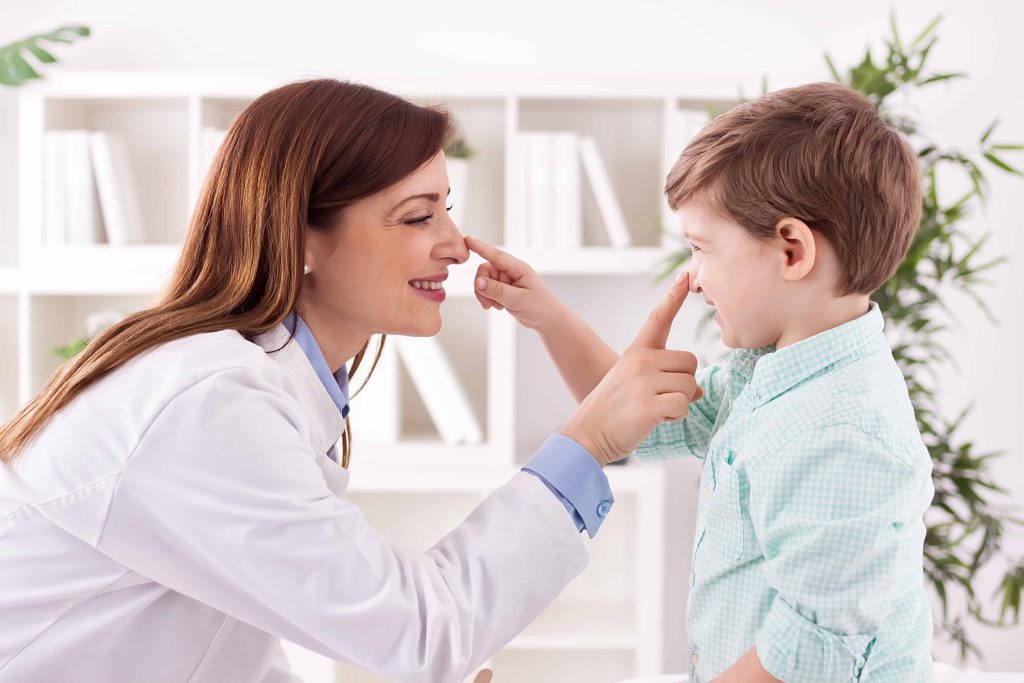
Treatment
Research indicates that early diagnosis and treatment allows for the right supports and programs to be put into place that can help manage specific problems and improve social, communication and life skills
Supportive Treatments include:
- Intensive educational programs through designated schools and early learning centres
- Therapies that teach language and social skills.
- Speech pathologywhich supportsdeveloping communication and social skills.
- Occupational therapy supports participation and independence in activities as well as sensory motor development ie play skills, fine motor skills and coping skills.
Where can I get help?
Autism Awareness Australia
Autism QLD
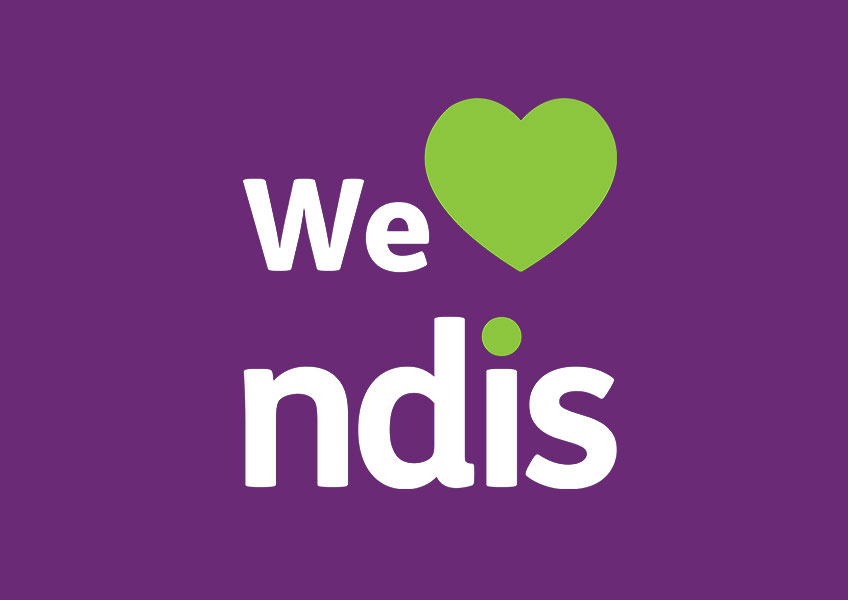
To find out more please contact info@lotusdisabilitycare.com.au.
Lotus Disability Care Group supports a number of families living with ASD We provide support and education for families including:
- Support Accessing NDIS
- Support Coordination: to provide and manage your support services, NDIS funding and necessary reporting
- Support Workers: to assist with personal cares, cooking, home duties, shopping, attending appointments and other social events
- Access to Allied heath practitioners including OT, Speech therapists, physiotherapists, Dieticians, Social Workers, Psychologists and counsellors
- Domestic assistance with cleaning and yard care
- Small group social events to provide stimulation, maintain skills and socialisation

